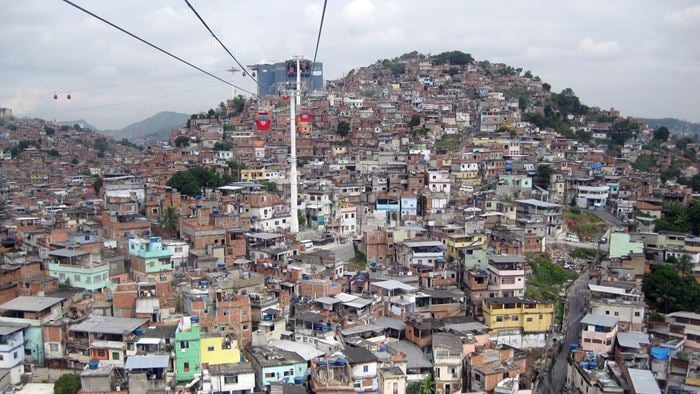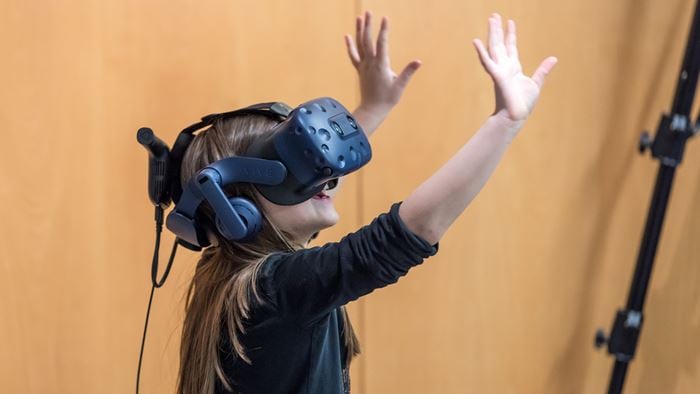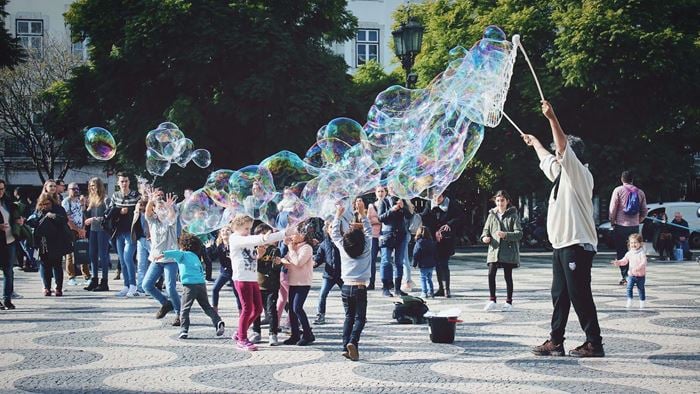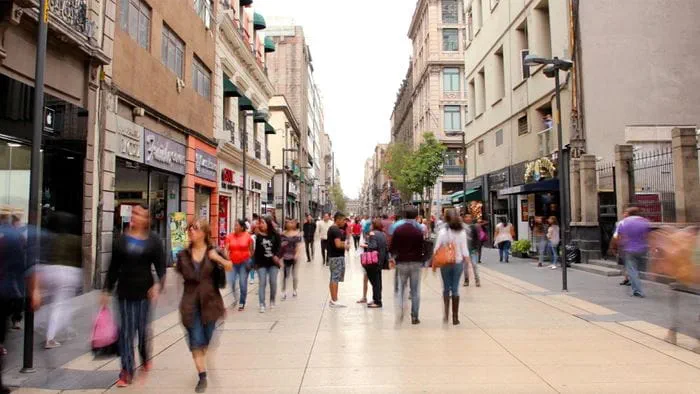In too many societies today, play is struggling to find a place in the lives of children. The informal settlements created by rapid urbanisation often result in austere, hazardous built environments, leading to low-play lives and ‘play poverty’. In South Africa, we have been working in Khayelitsha Township, an informal suburb of Cape Town, to provide its children with safe and stimulating opportunities for play in the settlement’s public space.
A framework for play-friendly cities
At Arup, we have a deeply held belief in the power of play. Play develops the abilities, social skills and resilience that equip us beyond childhood into our adult life. The built environment should be a critical resource for that play and learning. In 2018, we joined the Real Play Coalition with IKEA, the LEGO Foundation, National Geographic and UNICEF to promote the importance of play to policy makers, urban planners and educators.
What, though, does a play-friendly city look like? To inform this debate, we collaborated with the Royal Town Planning Institute (RTPI) and LEGO to develop an Urban Play Framework. This holistic tool assesses a city on its play infrastructure and ecosystem as well as the time and opportunities for play it offers its younger residents. Khayelistha was the first settlement to be assessed using the new framework.
Project Summary
3 Safe, supervised play spaces designed to challenge specific cognitive skills
200+Children and caregivers engaged in multiple workshops
How informal settlements challenge play
The challenges Khayelitsha Township presents to play are common to informal settlements worldwide. An ad-hoc, unregulated built environment exposes children to material and social hazards that limit their independence of movement and their freedom for play.
We partnered with South African NGO Ikhayalami, using our framework to better understand the challenges and opportunities. Working with us on that assessment and in our design and co-creation workshops were the township’s children and caregivers themselves. Their insights, together with data from the framework, have helped to shape a safer, more varied and stimulating environment for play. The workshop experience has also helped local adults to rethink their own attitudes to the value of play.
Transforming Khayelitsha’s playscape
Today Khayelitsha has an ‘activated play network’ linking three reclaimed outdoor courtyard hubs. Each hub is designed to develop a different skill set through play – social, emotional and cognitive. Stimulating activities in each hub are built from durable local materials. These play spaces are connected by a network of safe routes through the settlement, signposted by child-height wayfinding markers. Community members trained as play facilitators provide adult supervision.

Our work in Khayelitsha brings together our support for child-friendly design and our expertise in international development. Khayelitsha is part of our wider work on designing for urban childhoods, for which we were awareded MCA’s ‘Best Use of Thought Leadership’ award. Our experiences on the project continue to inform how we engage with local communities. We have updated our Urban Play Framework assessment tool to include the lessons learned in Khayelitsha. Through the Real Play Coalition, the framework is now being used in several more cities to transform city children’ access to safe play.
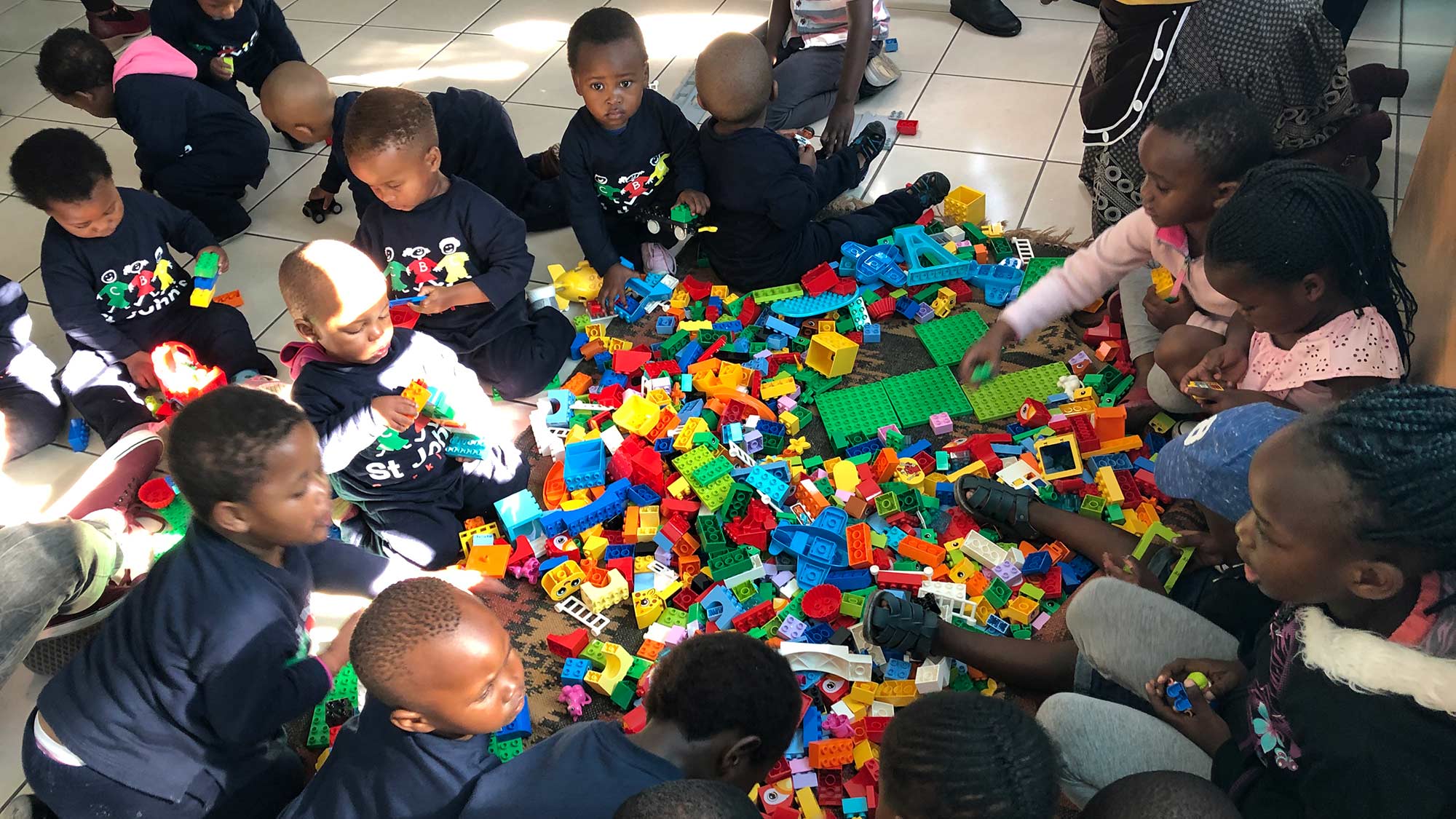 ;
;

